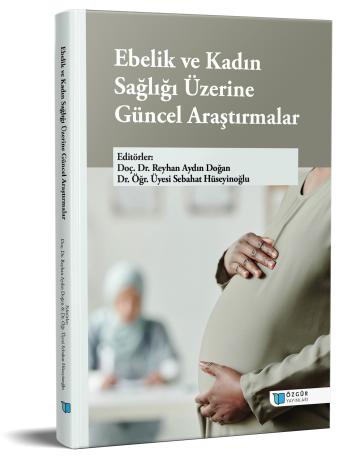
Knowledge of Women of Reproductive Age about the Menstrual Cup: A Review of the Literature
Chapter from the book:
Aydın Doğan,
R.
&
Hüseyinoğlu,
S.
(eds.)
2024.
Current Research on Midwifery and Women's Health.
Synopsis
Menstrual hygiene management varies from individual to individual. Hygienic pads, which are highly preferred among women, may have undesirable effects due to the chemicals in tampons. For example; dryness, irritation, rash. In addition, disposable menstrual hygiene products can trigger a high rate of restricting women's movements and leaving stains on their clothes. An increase in urogenital infections is thought to occur if hygienic conditions are not maintained when reusable pads are washed again. The physiological, psychological and sociological effects of hygiene deficiencies experienced especially during adolescence among girls can have serious effects on the individual. The menstrual cup, which is an alternative product to all these disadvantages, has become very popular in recent years. Attitudes and behaviors towards the menstrual cup have begun to change in recent years. The menstrual cup can be seen as taboo in society, preventing women from sharing their knowledge and experiences. This can lead to misinformation and negative attitudes. It has become important to examine knowledge, attitudes and behaviors, especially among women of reproductive age.

